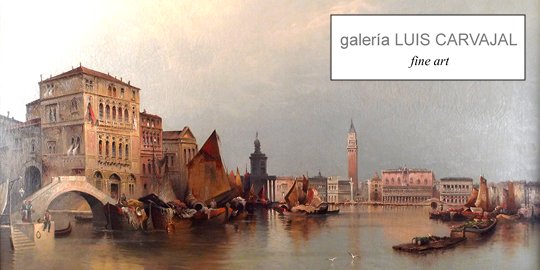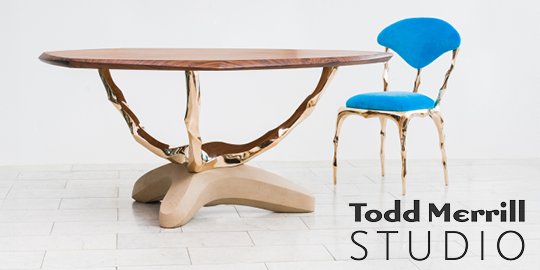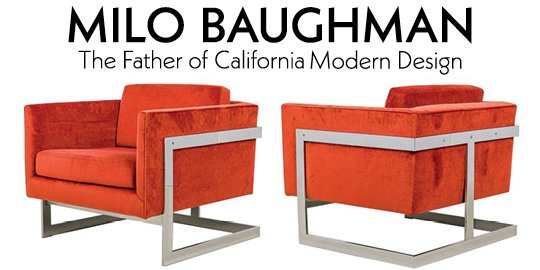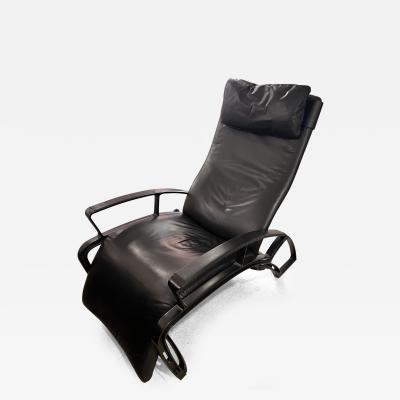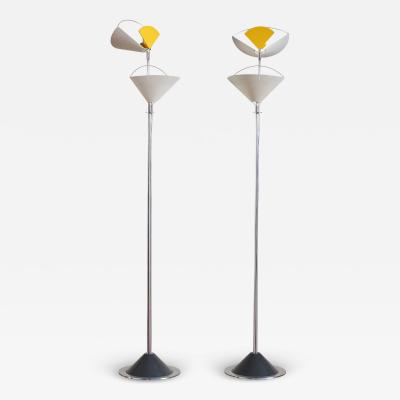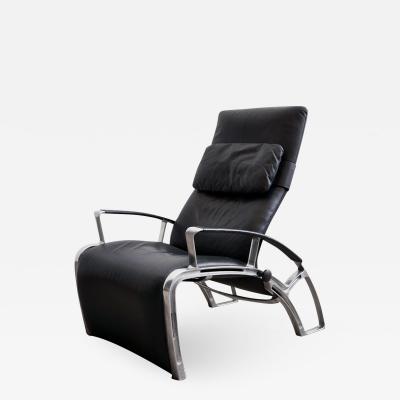-
FINE ART
-
FURNITURE & LIGHTING
-
NEW + CUSTOM
-
DECORATIVE ARTS
- JEWELRY
-
INTERIORS
- FEATURED PROJECTS
- East Shore, Seattle, Washington by Kylee Shintaffer Design
- Apartment in Claudio Coello, Madrid by L.A. Studio Interiorismo
- The Apthorp by 2Michaels
- Houston Mid-Century by Jamie Bush + Co.
- Sag Harbor by David Scott
- Park Avenue Aerie by William McIntosh Design
- Sculptural Modern by Kendell Wilkinson Design
- Noho Loft by Frampton Co
- Greenwich, CT by Mark Cunningham Inc
- West End Avenue by Mendelson Group
- VIEW ALL INTERIOR DESIGNERS
- INTERIOR DESIGN BOOKS YOU NEED TO KNOW
- Distinctly American: Houses and Interiors by Hendricks Churchill and A Mood, A Thought, A Feeling: Interiors by Young Huh
- Robert Stilin: New Work, The Refined Home: Sheldon Harte and Inside Palm Springs
- Torrey: Private Spaces: Great American Design and Marshall Watson’s Defining Elegance
- Ashe Leandro: Architecture + Interiors, David Kleinberg: Interiors, and The Living Room from The Design Leadership Network
- Cullman & Kravis: Interiors, Nicole Hollis: Artistry of Home, and Michael S. Smith, Classic by Design
- New books by Alyssa Kapito, Rees Roberts + Partners, Gil Schafer, and Bunny Williams: Life in the Garden
- Peter Pennoyer Architects: City | Country and Jed Johnson: Opulent Restraint
- VIEW ALL INTERIOR DESIGN BOOKS
-
MAGAZINE
- FEATURED ARTICLES
- Northern Lights: Lighting the Scandinavian Way
- Milo Baughman: The Father of California Modern
- A Chandelier of Rare Provenance
- The Evergreen Allure of Gustavian Style
- Every Picture Tells a Story: Fine Art Photography
- Vive La France: Mid-Century French Design
- The Timeless Elegance of Barovier & Toso
- Paavo Tynell: The Art of Radical Simplicity
- The Magic of Mid-Century American Design
- Max Ingrand: The Power of Light and Control
- The Maverick Genius of Philip & Kelvin LaVerne
- 10 Pioneers of Modern Scandinavian Design
- The Untamed Genius of Paul Evans
- Pablo Picasso’s Enduring Legacy
- Karl Springer: Maximalist Minimalism
- All Articles
Listing
Period
Medium
Size
Location
- Clear All
Ferdinand Alexander Porsche
German, 1875 - 1951
Ferdinand Alexander “Butzi” Porsche (1935–2012) was a German-Austrian industrial designer, best known for creating the legendary Porsche 911 and for founding Porsche Design. Born in Stuttgart to Ferry Porsche and Dorothea Reitz, he was the grandson of Ferdinand Porsche, the engineer behind the original Volkswagen Beetle. Immersed in design and engineering from an early age, Butzi studied at Stuttgart’s Waldorf School and later at the Ulm School of Design, before officially joining Porsche in the late 1950s.
In 1962, at just 27 years old, he became head of the Porsche design department. His most famous creation—the Porsche 911—was unveiled in 1963 at the Frankfurt Motor Show, originally as the Porsche 901. Renamed due to a naming dispute with Peugeot, the 911’s clean lines, rounded headlights, and sloping rear defined a new era of sports car design and established a legacy that continues to evolve today.
Beyond the 911, Butzi designed several iconic racing cars, including the Porsche 904 Carrera GTS and the Formula 1 Type 804. His designs were celebrated not just for performance but also for their aesthetic clarity and engineering elegance.
After Porsche transitioned into a publicly traded company in 1972, Butzi left day-to-day car design and founded Porsche Design. He applied his philosophy of “form follows function” to a new realm of products—from wristwatches and sunglasses to pens and luggage. His first product, the Chronograph I, became a modern classic with its matte black case and minimalist face.
He later served on the Porsche AG supervisory board during the early 1990s, helping steer the company through a challenging era before retiring fully in 2005 as honorary chairman. Ferdinand Alexander Porsche passed away in 2012 in Salzburg, Austria, leaving behind a legacy that spans automobiles, industrial design, and luxury consumer goods.
In 1962, at just 27 years old, he became head of the Porsche design department. His most famous creation—the Porsche 911—was unveiled in 1963 at the Frankfurt Motor Show, originally as the Porsche 901. Renamed due to a naming dispute with Peugeot, the 911’s clean lines, rounded headlights, and sloping rear defined a new era of sports car design and established a legacy that continues to evolve today.
Beyond the 911, Butzi designed several iconic racing cars, including the Porsche 904 Carrera GTS and the Formula 1 Type 804. His designs were celebrated not just for performance but also for their aesthetic clarity and engineering elegance.
After Porsche transitioned into a publicly traded company in 1972, Butzi left day-to-day car design and founded Porsche Design. He applied his philosophy of “form follows function” to a new realm of products—from wristwatches and sunglasses to pens and luggage. His first product, the Chronograph I, became a modern classic with its matte black case and minimalist face.
He later served on the Porsche AG supervisory board during the early 1990s, helping steer the company through a challenging era before retiring fully in 2005 as honorary chairman. Ferdinand Alexander Porsche passed away in 2012 in Salzburg, Austria, leaving behind a legacy that spans automobiles, industrial design, and luxury consumer goods.
Ferdinand Alexander Porsche
Ferdinand Porsche Lounge Chair, Stamped, Limited series
H 48 in W 28 in D 48 in
$ 12,000
Ferdinand Alexander Porsche
Floor Lamps by Ferdinand Alexander Porsche for Luci Italia
H 72 in W 15 in D 13 in
Ferdinand Alexander Porsche
Minimalistic Coat Rack by Ferdinand A. Porsche for Spinder Design, Netherlands
H 76.77 in DIA 23.62 in
$ 3,950
Ferdinand Alexander Porsche
Lounge Chair IP84S by Ferdinand A. Porsche for Interprofil, 1984, Germany
H 47.24 in W 28.74 in D 70.08 in
